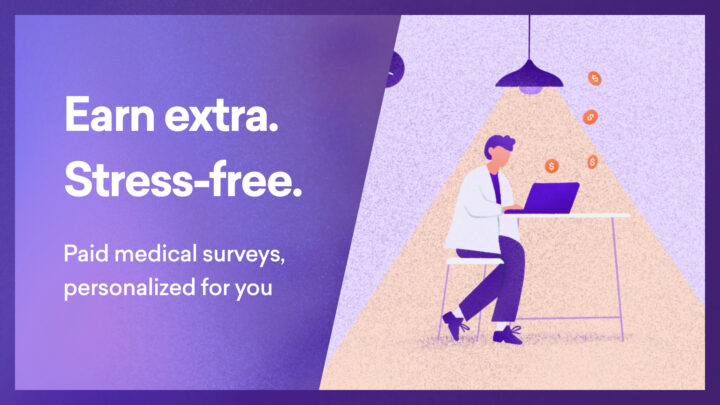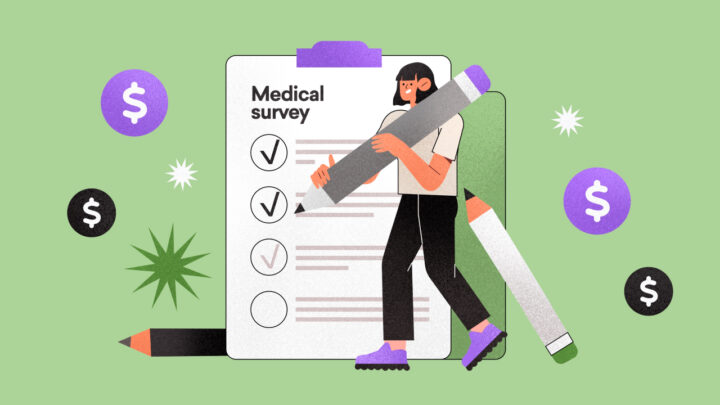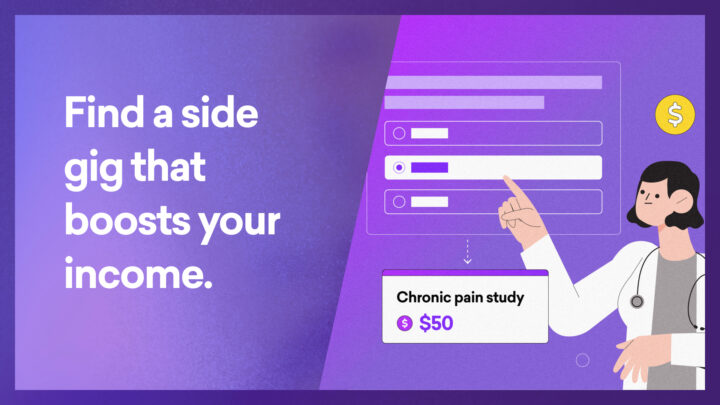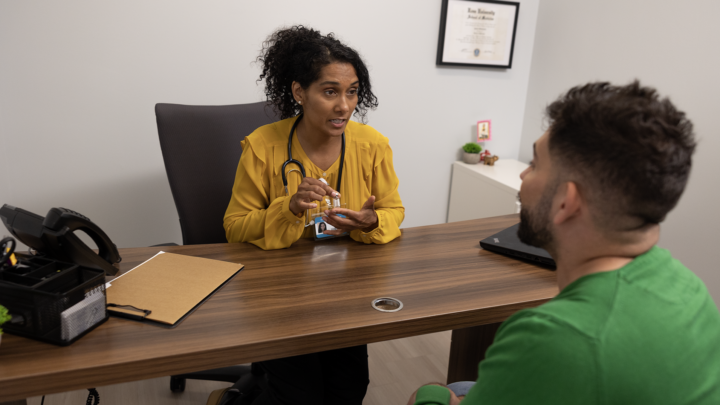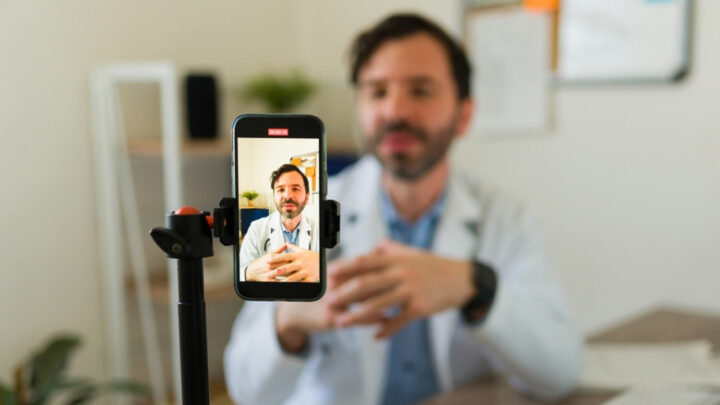
We keep Sermo free for our members by partnering with companies looking to educate and engage physicians about new treatment options and medical resources. But are our healthcare partners actually delivering the content that physicians WANT or find helpful? To find out, we leveraged our quick turnaround global HCP survey platform, RealTime, to ask US physicians their thoughts. Here’s what we found:
- 1 in 4 physicians say that overall, they are “very satisfied” as a customer of pharmaceutical and medical device companies. 46% are “somewhat satisfied.”
- What do physicians think the pharma/healthcare industry needs the most improvement on? Financial assistance programs (37%)
- The top three types of content from pharma that physicians find most valuable:
- Clinical research
- KOL/thought-leadership presentations
- CME
- If presented with the following options, physicians are likely to take action:
Visit a website: 29% unlikely, 71% likely
Watch a video: 47% unlikely, 53% likely
Participate in a poll: 34% unlikely, 66% likely
Read an article: 9% unlikely, 91% likely
And finally, we asked “how can pharma companies improve your experience as a customer?”
- Develop standardized product updates that can go out by email rather than via drug reps
- Increase CME and KOL presentations and more events/congresses
- Provide additional education on disease processes and related mechanisms of action for their product. Providing updates on disease process that are NOT product specific would be helpful
- Add the cost of a drug to their website
- Limit rep visits to high quality or new info
- More practical approach in introducing new products i.e. focus on efficacy and safety rather than patient demographic
- Better clinical trials, lower costs
- Provide more samples
The good news? Survey findings show that overall, physicians are pretty satisfied as “customers” of pharma and find value in the content they are targeted with.
What needs work? Physicians are calling for greater price transparency and lower costs.
(Source: Sermo RealTime Study August 2019; n=76)
